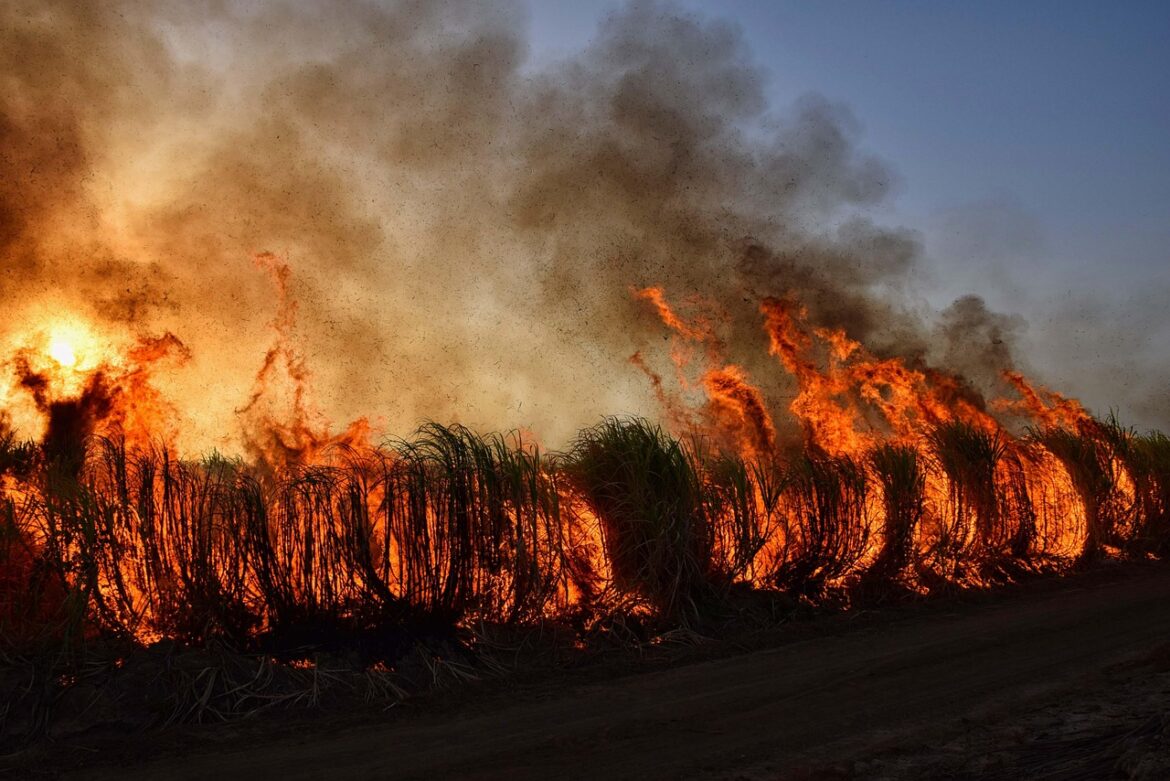Leading Through the Flames: Wildfire Season and Global Cooperation
Every year, as temperatures rise and landscapes dry, wildfires become more than just a threat—they become a test of leadership. In 2025, Canada and global leaders have stepped up to confront an increasingly severe wildfire season, showcasing how leadership in the face of extreme weather can protect communities and drive collaboration.
Canada’s Response to Wildfire Challenges
Canada is experiencing intense wildfire activity, particularly in First Nations communities. Ministers from various governmental departments emphasized a collaborative approach involving provinces, territories, Indigenous communities, and international partners. This network of cooperation aims at:– Improving wildfire preparedness and response
- Strengthening forecasting and scientific research
- Protecting public health from wildfire smoke and associated risks
- Investing in resilient infrastructure and frontline responder capacity
These statements underscore a common leadership theme: shared responsibility and readiness to face climate-driven challenges head-on.
Concrete Leadership in Practice: Voices from the Frontlines
Key leaders have recognized not just the physical dangers of wildfires, but also the broad health and well-being consequences. Ministers emphasize ongoing support for Indigenous communities, who often face disproportionate risks but hold vital knowledge for managing these crises.
They highlight the importance of staying informed and supporting one another, with practical messaging to help communities prepare and recover. This kind of leadership humanizes the crisis and fosters resilience through communication and compassion.
Global Leadership: The G7 Wildfire Charter
At the international level, the 2025 G7 summit marked a significant step forward. Leaders agreed to a wildfire charter that commits to:
- Sustainable forest and Indigenous land management such as controlled burns
- Improved research collaboration and data-sharing among nations
- Coordinated efforts to reduce wildfire risks and mitigate health impacts from smoke
- Ensuring timely access to firefighting equipment across countries
While some critics noted that the charter omits direct references to climate change—likely a political compromise—experts call it a milestone in formalizing cross-border cooperation against wildfires.
Why This Matters: Leadership Lessons From Extreme Weather
Leaders are demonstrating that tackling severe weather disasters requires:
- Collaborative Thinking: No single entity can solve these problems alone.
- Science-Driven Action: Forecasting and data are essential for planning and response.
- Community Engagement: Indigenous knowledge and local voices must be central.
- Adaptability: Climate risks are evolving, and leadership must keep pace.
The recurring theme is clear: leadership in the era of extreme weather is both a challenge and an opportunity—to protect lives, innovate solutions, and build a more resilient world.
Looking Ahead
As extreme weather events become more frequent and severe, robust leadership exemplified by Canada and the G7 is crucial. These real-world leadership stories show how multi-level partnership and pragmatic action can make a tangible difference against climate threats, wildfires, and beyond. The path ahead may be tough, but leadership that unites and acts decisively will light the way.
Summary of Key Insights
- Canada mobilizes across government and Indigenous communities to confront wildfire threats.
- G7 nations commit together to sustainable wildfire management and research collaboration.
- Leadership hinges on combining science, cooperation, and community voices.
- Communication and preparedness save lives and build resilience amid climate uncertainty.
Wildfires and extreme weather may be daunting, but these leadership efforts reveal that through collaboration and resolve, communities worldwide can face these challenges head-on.
References:
- https://ottawa.citynews.ca/2025/06/19/one-in-four-canadians-report-being-affected-by-extreme-weather-in-last-year-poll/
- http://www.nationalobserver.com/2025/06/18/news/more-extreme-weather-way-greenhouse-gas-accumulation-accelerates-scientists-say
- https://www.canada.ca/en/public-safety-canada/news/2025/06/ministers-present-2025-wildfire-season-forecast.html
- https://www.iag.com.au/newsroom/customer/wild-weather-claims-in-2025-surpass-all-of-2024-in-just-five-months
- https://www.dal.ca/news/2025/06/13/g7-summit-canada-2025.html
- https://zendy.io/blog/what-is-synthesis-in-research-synthesis-vs-analysis-vs-summarising
- https://g7.canada.ca/en/news-and-media/news/chairs-summary/
- https://www.ctvnews.ca/canada/wildfires/article/g7-leaders-agree-to-charter-on-wildfires-pledging-global-co-operation/



